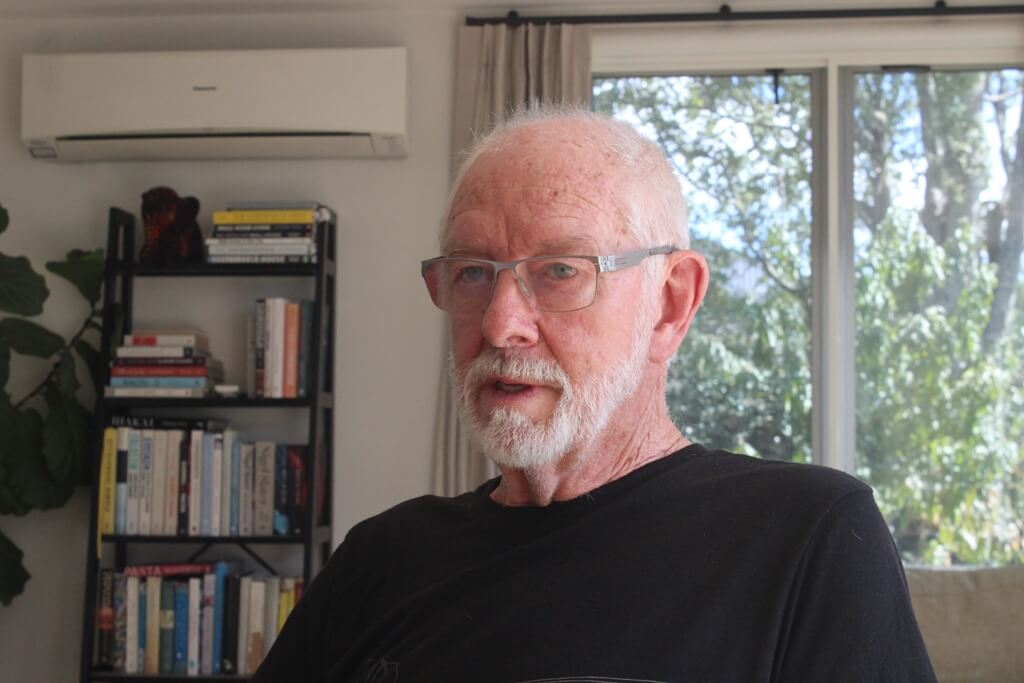
Peter Nicholl
The phrase ‘down on the farm’ is taking on a worrying meaning these days.
What’s going down on the farm today are the prices for the things farmers produce and export. Wool prices are so low that many farmers are saying it costs them more to have the wool shorn than they are getting for the wool when they sell it. International dairy prices have also fallen sharply and are now at a level where many dairy farmers will struggle to break-even this year.
Cheese prices have held up better than other dairy products but even the price of cheddar cheese at the latest global auction was 23 per cent below its peak price, which was only a year earlier.
Fonterra’s farmgate price reached $9.30 a kilo in the 2021-22 season. Since then, farmers have faced increases in prices for many farm inputs. One article I read said there had been a 24 per cent increase in farm costs in the past two years. Farmers are also facing an increasing array of compliance costs and those with high debt levels will be feeling the pressure from rising interest rates. But the farmgate price for the current season is now being forecast by Fonterra to be between $7 and $8.
This is an alarming situation for New Zealand as we are still heavily reliant on agricultural exports. It is not just farmers who will feel the impact of this sharp downturn in farmers’ incomes. Dairy farmers have experienced these sharp drops in international prices before. Their first reaction is to cut their spending dramatically. I wouldn’t like to be the owner of a tractor sales business this year. Towns like Cambridge will feel the impact of the cut-backs in farmers’ spending.
The question farmers and the people who service farmers will be agonising over is how long will these lower prices last. There may be some short-term relief for farmers in the form of a decline in the value of the New Zealand dollar. Global dairy prices are set in US dollars. The highest exchange rate earlier this year was NZ$ 1 fetching US$0.65. The current exchange rate is US$0.5745 to our dollar. That adds around 11 per cent to the international price when it is converted to New Zealand dollars. But a falling dollar will add to New Zealand’s inflation rate as the price of everything we import will go up and our inflation rate is already well above the Reserve Bank’s target level. A fall in the value of the New Zealand dollar is almost certain to mean that the Reserve Bank will need to keep interest rates at current levels for longer or even to have to raise them further.
The only long-term solution is a rise in international dairy prices. The key to that will be what happens to the Chinese economy over the next few years. In my last column, I said I thought the problems facing the Chinese economy were too big for even them to handle. The latest issue of ‘The Economist’ reaches the same conclusion. Their headline was ‘why China’s economy won’t be fixed’ and they said that “after four decades of fast growth, China is entering a period of disappointment”. If that does happen, farmers and the whole of New Zealand may be in for more than a period of disappointment.









